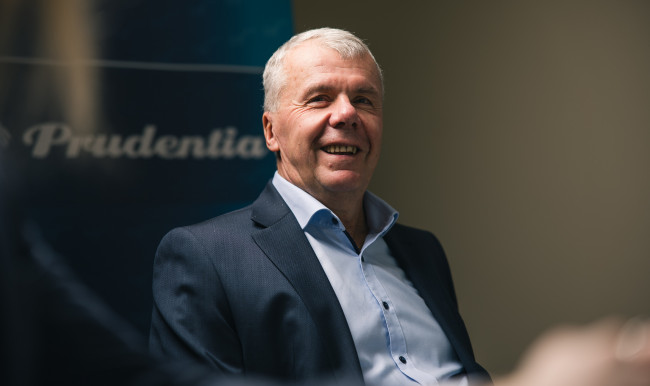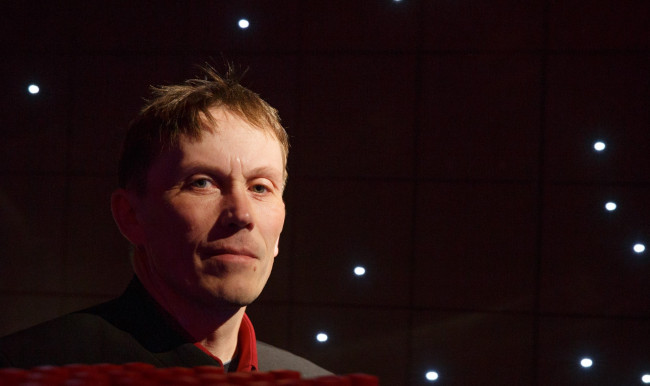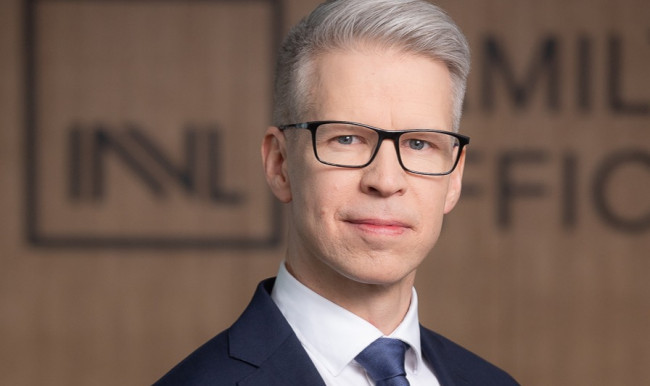People tend to judge the relative importance of topics by how easily they can be remembered. Topics mentioned often fill our thoughts, while others disappear quickly. What the media chooses to cover, in turn, corresponds to their understanding of what fascinates the public at the moment. As dramatic events and celebrities are most likely to attract public interest, media fever is common. These thoughts from Daniel Kahneman help to understand why, for almost a year, we have witnessed a global hysteria.
A couple of hundred years ago, it was thought that economic growth was about to hit its limit. Today we know that the world economy has grown more than 80 times since then! The stock market has helped to share in the success of drivers of economic growth, bringing capitalism closer to everyone. Despite a fairly crazy year, I am convinced that life will be carried on by entrepreneurship, curiosity and doing things in a new way. Unfortunately, millions of people and thousands of companies around the world are being hit by the fight against the virus, continuing to suffer for a long time from the lockdown of collective economies and social problems. The coronavirus is probably the least of these concerns. It’s always darkest, as we know, before dawn. Those who have time left over from working or saving a company have been able to breathe a sigh of relief, set new goals and priorities.
According to Nassim Taleb, one of the triggers of the crisis is the constant over-optimization of companies and insufficient buffers. State aid rescue packages put those who have so far been conservative and prudent in an unequal position. It may sound cynical, but the most adaptable will survive. Some believe that it’s a vaccine, others a mask or something else that will lead us back to "normalcy" - important questions still remain: what reserves must companies (and countries!) have to deal with such overreactions (countries locked in)?
Already in spring, you could hear from many quarters that "nothing will ever be the same". I think humanity is doing everything in its power to refute this claim. I fear we will see even more social distancing and more state involvement. But at the same time, that has been the goal, in addition to diverting attention from underfunded hospital networks and living beyond our means. Do we necessarily have to go back to such "normalcy" as before the crisis? I don't think so. Finding a balance between the ultra-globalised world that has become the norm and isolationist protectionism will be challenging.
Today, the world's total debt has reached a level that is impossible to repay. Today's crisis is also being treated with printing money. But who remembers the main daily news topic from a year ago? Challenges to environmental sustainability. At present, one might get the incorrect impression that this problem has been resolved.
According to Larry Fink, the head of the world's largest investment fund BlackRock, in a few years' time investors will already be taking into account ESG (environment, social, governance) indicators when making investment decisions, i.e. they will evaluate the following:
1) what is the impact of the enterprise on the environment;
2) whether and how the enterprise contributes to the development of society at large through its activities;
3) how transparent, ethical and responsible the management of the company is.
This is already becoming a reality - investment and values go hand in hand. For example, research has shown that almost 90% of the younger generation of investors take the company's ESG indicators into account when making their investment decisions. Large pension funds do not invest in companies that do not address climate and environmental issues, and so on.
At first glance, ESG may seem overly broad, but in reality, it is a specific list of indicators against which companies can be assessed. Using similar logic, we have also analyzed the TOP101 companies, mainly whether and how they take these indicators into account in their operations.
If anyone thinks that ESG is a passing fad, then I do not see alternatives to achieving a cleaner natural environment. The trend towards a more responsible future is obvious, as we are already seeing an increase in investment in ESG-compliant companies today. More importantly, the world's largest ESG funds are “hitting” the market. A company that does not address these issues today will find it more difficult and expensive to finance its operations in the future. It is not a question of believing, but of the classical function of supply and demand.
Decades of research into people's thought processes and decision-making have shown that they often do not act rationally when making important decisions, are unreasonably self-confident and rely too much on intuition. This, together with herd mentality, can end up being very costly, whether it be personal or public investments. We tend to overestimate how much we understand the world and underestimate the role of chance in events. In the case of difficult decisions then, it is worth asking: was it a happy coincidence or skill? Luck is known to play a big role in every success story, much bigger than one might want to admit. I therefore wish everyone luck and success in all their activities.
Kaarel Ots, CEO - Nasdaq Tallinn


